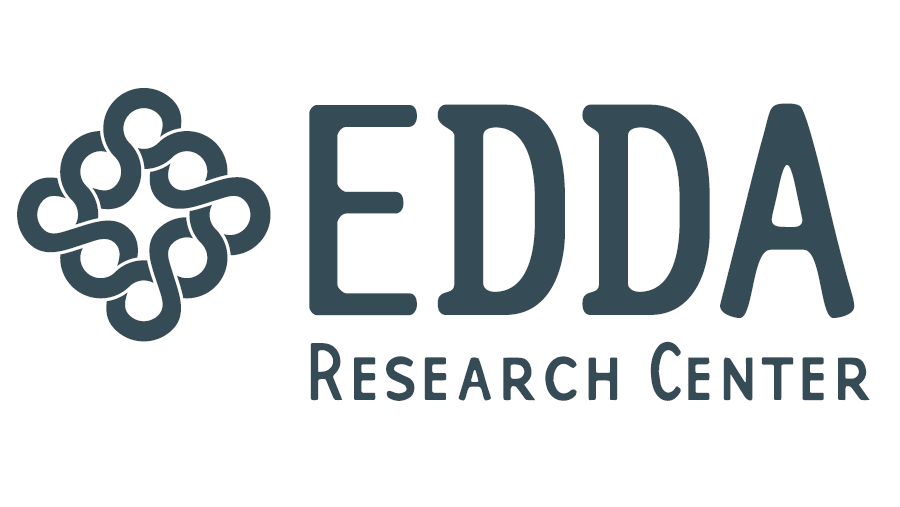EDDA hosted the final workshop in the NOS-HS funded exploratory workshop series “Democratic Experiments” in cooperation with Guðni Elísson’s Climate discourse project “Earth 101”, 19-21 October 2017. The project has earlier held workshops on Epistemic Democracy (Turku 16 October 2016) and on the Future of Democracy (Reykjavík 20-21 May 2016). The focus of this third and final workshop in the project was on two issues that have attracted public and scholarly attention to an ever greater extent in recent years:
- How can/does democracy (today) deal with climate change? Can democratic publics or democratically elected leaders respond to climate change forcefully enough to avoid environmental catastrophe?
- What are the political consequenses of a failure to respond forcefully to climate change? Is there a future for democracy if democratic governments are unable to respond to environmental disasters?
Climate change is the greatest challenge of the world today. It also presents a formidable challenge to democracy because in order to respond to it, decisions must be made and policies changed without immediate benefits and in some cases demanding considerable short-term sacrifices. The consequences of climate change are also a grave threat to democracy: In a world where climate change has disrupted economies, undermined political leadership and created environmental disasters, democracy as a social organization may fail to resist authoritarian forms of control based on brute force rather than on gaining public support for policies.
Twelve participants addressed various aspects of these questions in their talks. Keynote speakers were Christian Parenti (John Jay College of Criminal Law, New York) and Frederic Hanusch (Institute for Advanced Sustainability Studies, Potsdam). Other speakers were: Maija Setälä (Turku University), Michael Mackenzie (University of Pittsburg), Jonathan Kyuper (Oslo University), Alfred Moore (University of York), Lars Binderup (University of Southern Denmark) and Guðrún Elsa Bragadóttir (SUNY Buffalo). Participants for the University of Iceland were Jón Ólafsson, Guðni Elísson, Sævar Finnbogason and Salvör Nordal. The keynote speakers, who both are well known for their research and publication on climate related issues also gave public talks at the University of Iceland which were recorded and published by Earth 101 (www.earth101.is).
Special guests of the workshop were the Russian journalist Grigory Pasko who has written extensively on environmental policy in Russia, and the independent filmmaker Helga Brekkan, whose documentary on Pasko’s effort to unmask the environmental damage associated with the Russian-German Nord-Stream natural gas pipeline system was released earlier this year. The documentary, entitled Dissident, was shown as part of the workshop program.
